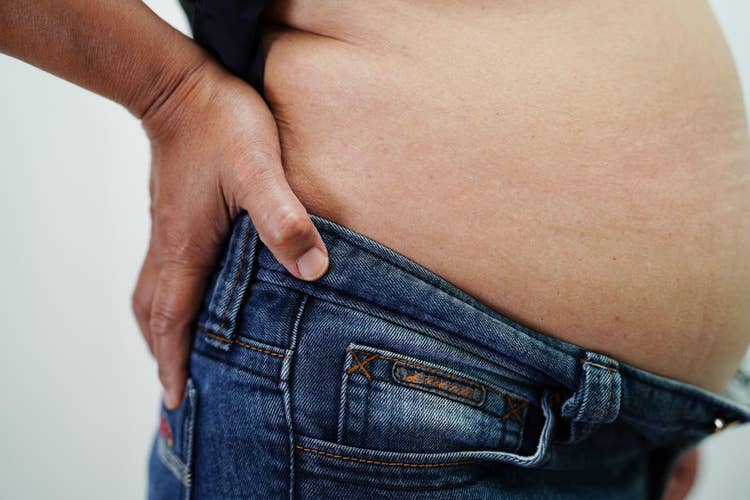Risk Factor
Your age may affect your risk for stroke.
Your sex may impact your risk for stroke.
Having heart failure may increase your stroke risk.
High blood pressure, or hypertension, is common in AFib patients7 and may put you at greater risk for stroke.
Your chance of having a stroke goes up if you have diabetes.
If you have had a stroke in the past, your risk for having another stroke is increased.
Having vascular problems may increase your risk for stroke.
Being overweight or obese may increase your chances of having a stroke.
Drinking too much alcohol, physical inactivity, and smoking may increase your chances of having a stroke.


Heart failure happens when the heart cannot pump enough blood and oxygen to support other organs in your body.5 Heart failure has been strongly associated with increased risk of stroke and thromboembolism (blood vessels blocked by a blood clot).6
High blood pressure is blood pressure in the arteries that is constantly higher than normal. If it stays high for a long time, it can damage your heart and cause health problems.8 If you have AFib and high blood pressure, you may be at greater risk for stroke.9
Diabetes is a condition that occurs when your blood glucose, also called blood sugar, is too high. Over time, having too much glucose in your blood can cause health problems.10 Diabetes is considered to be an independent predictor of stroke in patients with AFib.11
Common heart disorders or vascular problems include peripheral artery disease
and coronary artery disease3:
Peripheral artery disease: A buildup of plaque in the arteries (or atherosclerosis) of the legs, narrowing or blocking the vessels that carry blood from the heart to the legs.12
Coronary artery disease: A buildup of plaque in the wall of the arteries (or atherosclerosis) that supply blood to the heart, which can partially or totally block the blood flow.13

Obesity is a condition of excess body fat that can affect your health. Obesity is linked to higher “bad” cholesterol and triglyceride levels and to lower “good” cholesterol levels. Obesity can also lead to high blood pressure and diabetes.3



Alcohol
Drinking too much alcohol may raise your blood pressure and increase your levels of triglycerides, a form of fat in your blood that can harden your arteries.3
Physical inactivity
Not getting enough physical activity can lead to health conditions such as obesity, high blood pressure, high cholesterol, and diabetes.3
Regular physical activity can lower your chances for stroke.3
Before starting a new exercise routine, it is important to talk to your health care provider.
Smoking
Smoking is a major risk factor for stroke.14
Cigarette smoking may damage your heart and blood vessels, and nicotine can raise your blood pressure.3
Older Age
Female Sex
Heart Failure
High Blood Pressure
Diabetes
Previous Stroke
Vascular Disease
Overweight/Obesity
Lifestyle Behaviors
Older Age
Female Sex
Heart Failure
High Blood Pressure
Diabetes
Previous Stroke